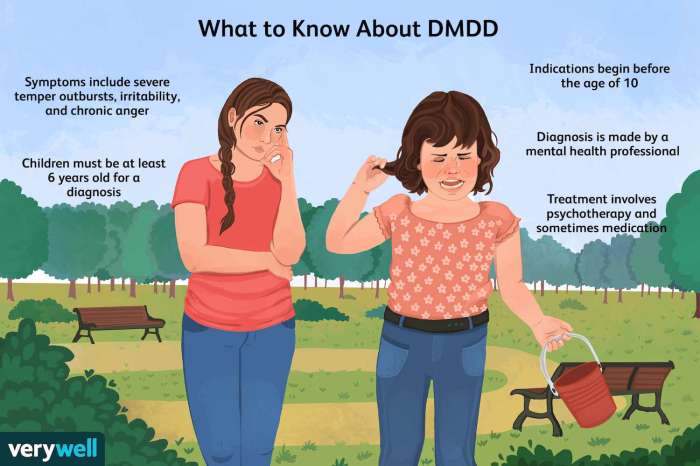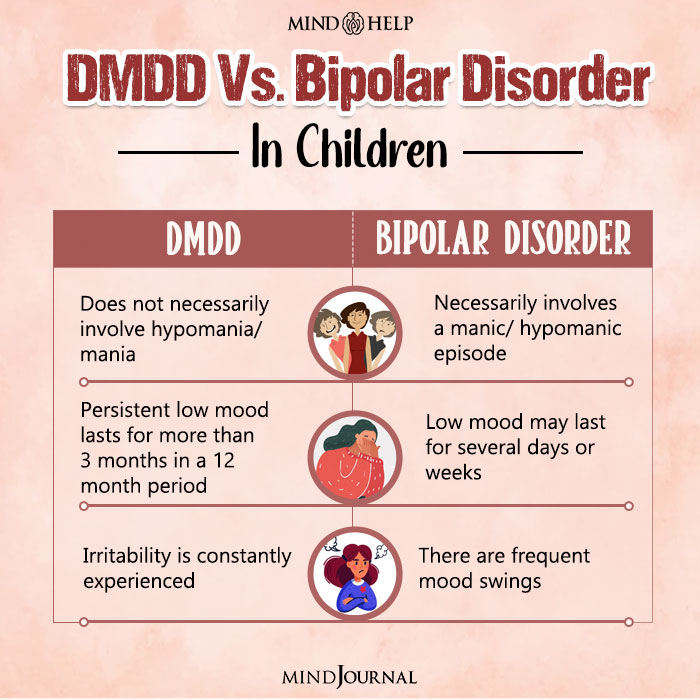Transtorno disruptivo da desregula̤̣o do humor РDisruptive mood dysregulation disorder (DMDD) is a severe mental health condition characterized by persistent, extreme irritability and frequent temper outbursts. It affects children and adolescents, impairing their daily functioning and causing significant distress to both the individuals and their families.
DMDD is distinct from other mood disorders, such as bipolar disorder and depression, and requires specialized treatment approaches. Early intervention and support are crucial for managing the symptoms and improving the long-term outcomes of individuals with DMDD.
1. Definition and Overview

Disruptive mood dysregulation disorder (DMDD) is a childhood-onset mental health condition characterized by severe, recurrent temper outbursts that are grossly out of proportion to the situation and that occur more frequently than expected for a child’s developmental level.
These outbursts are typically verbal or physical and may include screaming, yelling, hitting, kicking, or destroying property. They can occur multiple times a day and can last for several hours.
2. Causes and Risk Factors
The exact cause of DMDD is unknown, but it is thought to be caused by a combination of genetic and environmental factors.
- Genetic factors: Studies have shown that DMDD is more common in children who have a family history of the disorder.
- Environmental factors: Children who experience trauma, abuse, or neglect are more likely to develop DMDD.
3. Symptoms and Diagnosis
The core symptoms of DMDD include:
- Severe, recurrent temper outbursts that are grossly out of proportion to the situation
- Outbursts that occur more frequently than expected for a child’s developmental level
- Outbursts that last for several hours
- Outbursts that are accompanied by verbal or physical aggression
To be diagnosed with DMDD, a child must meet the following criteria:
- Have had at least three temper outbursts per week for at least one year
- Have had temper outbursts that are grossly out of proportion to the situation
- Have had temper outbursts that have caused significant impairment in social, academic, or occupational functioning
4. Treatment and Management
The treatment of DMDD typically involves a combination of therapy and medication.
- Therapy: Therapy can help children with DMDD learn how to manage their emotions and behavior. Cognitive-behavioral therapy (CBT) is a type of therapy that has been shown to be effective in treating DMDD.
- Medication: Medication can help to reduce the severity and frequency of temper outbursts in children with DMDD. Stimulants and antidepressants are two types of medication that have been shown to be effective in treating DMDD.
Early intervention and support are important for children with DMDD. Treatment can help to improve their symptoms and prevent long-term problems.
5. Impact and Prognosis, Transtorno disruptivo da desregulação do humor
DMDD can have a significant impact on children and their families.
- Children with DMDD may have difficulty forming and maintaining relationships.
- They may also have difficulty succeeding in school and at work.
- Families of children with DMDD may experience stress, conflict, and financial hardship.
The prognosis for children with DMDD is variable. With early intervention and treatment, many children with DMDD can learn to manage their symptoms and live full and productive lives.
6. Differential Diagnosis
DMDD can be difficult to diagnose because it shares symptoms with other mental health disorders, such as bipolar disorder and attention-deficit/hyperactivity disorder (ADHD).
However, there are some key features that can help to distinguish DMDD from other disorders.
- DMDD is characterized by severe, recurrent temper outbursts that are grossly out of proportion to the situation.
- These outbursts occur more frequently than expected for a child’s developmental level.
- Outbursts in DMDD are typically accompanied by verbal or physical aggression.
In contrast, temper outbursts in bipolar disorder are typically less severe and are not as frequent.
In ADHD, temper outbursts are typically less severe and are not as frequent as in DMDD.
FAQ Compilation: Transtorno Disruptivo Da Desregulação Do Humor
What are the common symptoms of DMDD?
DMDD is characterized by frequent and severe temper outbursts, irritability, and difficulty controlling emotions. These outbursts are often disproportionate to the situation and can occur several times a week.
What are the risk factors for developing DMDD?
Genetic and environmental factors can contribute to the development of DMDD. A family history of mood disorders, exposure to trauma or abuse, and certain personality traits may increase the risk.
How is DMDD diagnosed?
A mental health professional diagnoses DMDD based on the individual’s symptoms and behavior. They will conduct a thorough evaluation to rule out other possible conditions.
What are the treatment options for DMDD?
Treatment for DMDD typically involves a combination of therapy and medication. Therapy focuses on teaching coping mechanisms, emotional regulation skills, and problem-solving strategies. Medication may be prescribed to help manage symptoms such as irritability and impulsivity.
What is the prognosis for individuals with DMDD?
With early intervention and appropriate treatment, individuals with DMDD can learn to manage their symptoms and improve their overall functioning. However, if left untreated, DMDD can have long-term consequences, including academic difficulties, social problems, and substance abuse.

